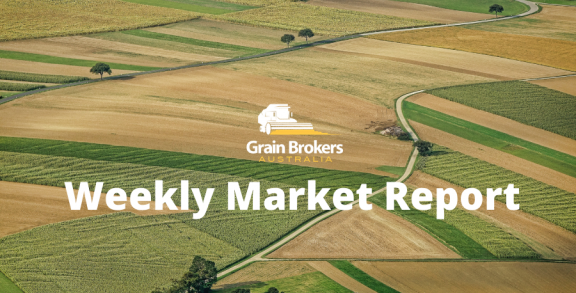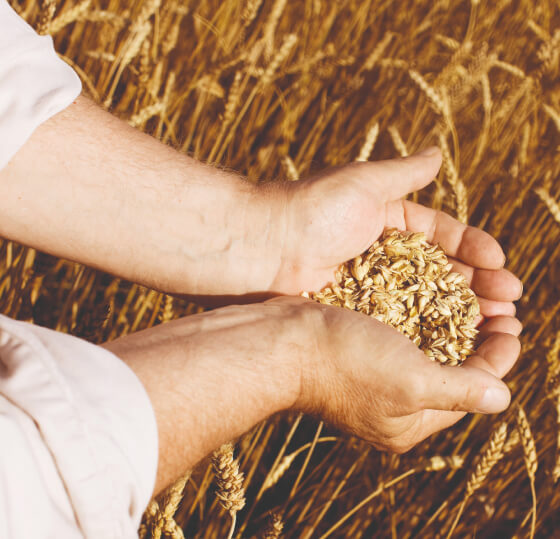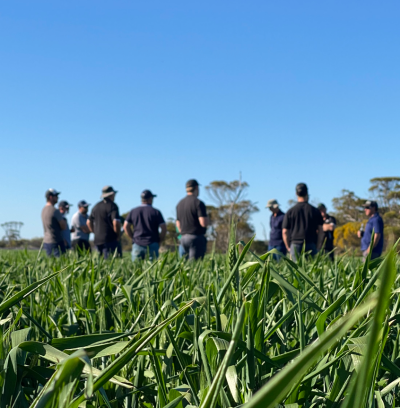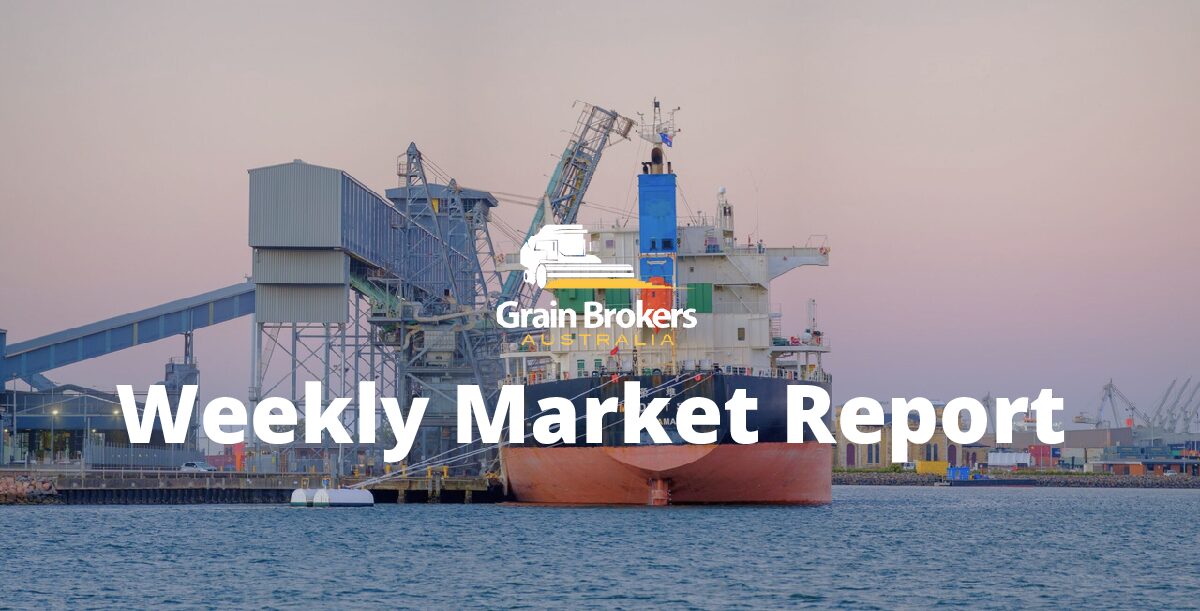
Grain markets are in for a wild ride in the coming weeks after Russia announced over the weekend that it was suspending its participation in the United Nations-brokered Ukraine grain export corridor. The Russian Foreign Ministry stated it was exiting the Black Sea grain deal for an “undetermined period” after drones attacked its Black Sea fleet just before daylight on Saturday morning.
The Russian defence ministry claims that Ukraine targeted its naval vessels with 16 drones near the key port of Sevastopol on the annexed Crimean Peninsula. Without providing evidence, the ministry stated that the British navy had helped coordinate the so-called terrorist attack. Dialling up the war rhetoric, it also accused the United Kingdom of blowing up the Nord Stream gas pipelines last month.
Russia claims the vessels targeted in Saturday’s attack were specifically involved in the security of the humanitarian grain corridor, providing support to fully ladened vessels departing Ukraine ports as well as empty ships wishing to enter Ukraine ports to load grain.
Russia’s actions deal a major blow to Ukraine’s export ambitions and the United Nations’ efforts to prevent a global famine catastrophe and subdue inflation by increasing the supply of grain available to international consumers. Unsurprisingly, Russia’s actions have been unilaterally condemned by Ukraine’s allies. Western nations claim that Russia is weaponising food at the expense of developing and underdeveloped countries across the globe.
The initial 120-day deal, signed on July 22, allowed Ukraine to resume its Black Sea grain export program, which was blocked in February following Russia’s unprovoked invasion of the country. More than 9 million metric tonnes of corn, wheat, barley, sunflower seed and oil, rapeseed and soybeans have since been shipped under the agreement.
Following the drone attacks, five outbound and four inbound vessels are reported to have safely passed through the corridor on Saturday. However, there are believed to be many more ships that are loaded and waiting to depart Ukraine, as well as a queue of inbound vessels waiting to enter the corridor, with no guarantee of safe passage following the weekend developments.
Set to expire on November 22, Russia and been hinting for weeks that it may not renew the deal in its present form. Moscow has complained that the west was taking advantage of the agreement and that the world’s poorer countries had not received much of the exported grain. Russia has also suggested that its own exports of grain and fertiliser are still being hindered, despite being part of the deal. Putin claims that Russia signed the deal, with the assistance of Turkey, on the understanding it would help alleviate surging food prices in the developing world, but instead, it has been rich Western countries that were benefitting most.
Furthermore, it seems that Moscow is deliberately delaying the passage of ships into and out of the Black Sea via the Bosphorus Strait, creating a backlog of as many as 200 vessels. Kyiv claims that Russian inspectors assigned to the Istanbul Joint Coordination Centre (JCC) have been prolonging the inspection of ships heading to Ukrainian ports since October 14, preventing the export of an additional 3MMT of Ukraine grain via the corridor.
And early last week, almost 100 ships that had loaded grain at Ukraine ports were sitting idle in the Black Sea and Sea of Marmara awaiting JCC inspection before they could proceed to their destination. The delays have substantially increased voyage times along the corridor, with at least 40 vessels taking more than 26 days to complete their journey. More than half of the vessels in the queue departed from either Odesa, Chornomorsk or Yuzhnyi on or before October 12. The delays are primarily due to documentation and compliance issues imposed by the Russians.
It is estimated that at least 25 inspections per day are needed under the auspices of the Black Sea Grain Initiative to reduce the growing backlog. According to JCC data, in the week ended October 22, an average of 9.6 inspections took place each day. No vessels were inspected on October 23 due to abysmal weather conditions.
The number of weekly sailings from Ukraine ports slowed dramatically in the middle of October. A total of 35 outbound movements were recorded in the week commencing October 17, down from 40 a week earlier. However, this is well off the campaign high of 57 sailings in the week commencing September 19. With corridor delays growing, the biggest concern for vessels entering the Black Sea in recent weeks was the lack of time available to load and clear the corridor before the deal’s expiry. Ship owners now have a much bigger headache to remedy.
Exactly why Moscow is willing to walk away from the Ukraine corridor deal when they have a record wheat crop and a huge export program of their own to ponder and execute is perplexing. Indeed, the Russian Agriculture Ministry is calling production 105MMT against a previous record of just over 85MMT in the 2020/21 season. Spot offers are reported to be plentiful, but the export pace is still lagging. August and September are usually the biggest months for Russian exports, but shipments were 25 and 30 per cent lower than in 2021, respectively.
The USDA forecasts Russian wheat exports at 42MMT in the 2022/23 marketing year. Leading Russian consultancy Sovecon is forecasting 43.1MMT. But both estimates are predicated upon cooperation with the Black Sea Grain Initiative, and many market analysts believe estimates are too high, even with an extension to the grain corridor deal.
Prior to the weekend, President Putin’s talk of shutting down the grain corridor had driven up wheat prices and the Russian export tax, decreasing Russia’s competitiveness on the world stage. His actions over the weekend will only exacerbate that trend.
Add the shrinking shipping capacity willing to enter the Black Sea, the reluctance of many banks in importing countries to deal with their Russian counterparts and the likelihood of increased Western sanctions; it seems grain exports from both Ukraine and Russia are likely to be somewhat subdued in the coming months unless a satisfactory resolution can be negotiated.
Call your local Grain Brokers Australia representative on 1300 946 544 to discuss your grain marketing needs.





